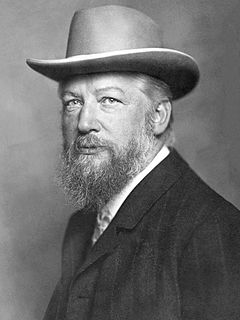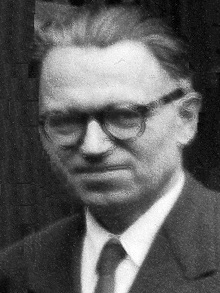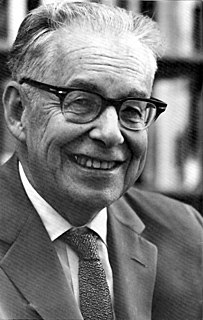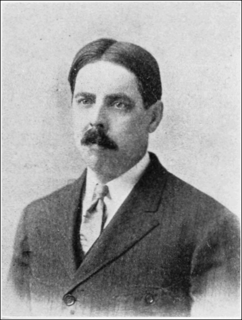A Quote by Wilhelm Ostwald
It has pleased no less than surprised me that of the many studies whereby I have sought to extend the field of general chemistry, the highest scientific distinction that there is today has been awarded for those on catalysis.
Related Quotes
The citation for the 1971 Nobel Prize in Chemistry reads, 'for contribution to the knowledge of electronic structures and geometry of molecules, especially free radicals,' and therefore implies that the Prize has been awarded for a long series of studies extending practically over my whole scientific life.
As the popular trust in science fades - and many sociologists say that's happening today - people will develop a distrust of purely "scientific" psychology. Researchers in the universities haven't picked up on this; they're more interested in genetics and computer models of thinking than ever. But, in general, there is a huge distrust of the scientific establishment now.
In 2008, the Nobel Prize in Chemistry was awarded for work done on a molecule called green fluorescent protein that was isolated from the bioluminescent chemistry of a jellyfish, and it's been equated to the invention of the microscope in terms of the impact that it has had on cell biology and genetic engineering.
There's no reason - not yet, anyway - to believe [Bob] Dylan himself endorses such an attitude; or that he would think of himself as a more profound and worthy recipient than, for instance, any of the brilliant Motown or girl-group lyricists who are more likely to be awarded a Nobel prize for chemistry than for literature. Whether there is more truth and humanity in his best lyrics than in Abba's, or less, is unquantifiable, and it would be meretricious to attempt such a calculation in contesting an argument he has been dragged into.
I assumed just from being around, all these years, that people would immediately glom on to, Well, it's a departure, and it's a dystopian kind of thing, and that's natural, of course. But it's surprised me - not even surprised me, but it's pleased me - how much people have been responding to the way the book was written.
I have dear friends in South Carolina, folks who made my life there wonderful and meaningful. Two of my children were born there. South Carolina's governor awarded me the highest award for the arts in the state. I was inducted into the South Carolina Academy of Authors. I have lived and worked among the folks in Sumter, South Carolina, for so many years. South Carolina has been home, and to be honest, it was easier for me to define myself as a South Carolinian than even as an American.
It were indeed to be wish'd that our art had been less ingenious, in contriving means destructive to mankind; we mean those instruments of war, which were unknown to the ancients, and have made such havoc among the moderns. But as men have always been bent on seeking each other's destruction by continual wars; and as force, when brought against us, can only be repelled by force; the chief support of war, must, after money, be now sought in chemistry.
Modesty teaches us to speak of the ancients with respect, especially when we are not very familiar with their works. Newton, who knew them practically by heart, had the greatest respect for them, and considered them to be men of genius and superior intelligence who had carried their discoveries in every field much further than we today suspect, judging from what remains of their writings. More ancient writings have been lost than have been preserved, and perhaps our new discoveries are of less value than those that we have lost.
To an extent that undermines classical standards of science, some purported scientific results concerning 'HIV' and 'AIDS' have been handled by press releases, by disinformation, by low-quality studies, and by some suppression of information, manipulating the media and people at large. When the official scientific press does not report correctly, or obstructs views dissenting from those of the scientific establishment, it loses credibility and leaves no alternative but to find information elsewhere.




































